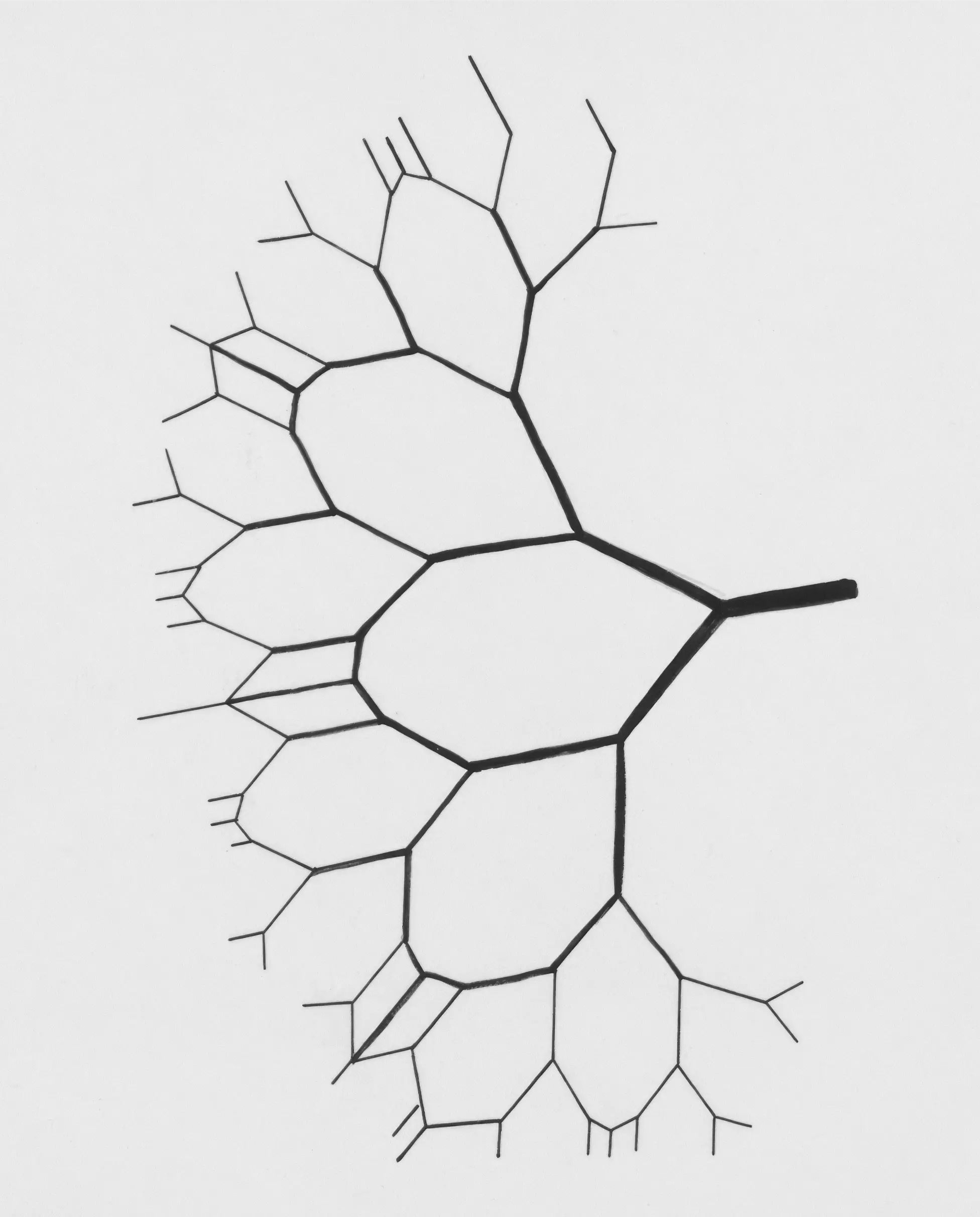The medical community faces two relatively unexplored territories: Long COVID, a poorly understood post-viral condition, and psychedelic therapy for physical illness, a re-emerging treatment modality. This possible intersection presents both challenges and opportunities for novel therapeutic approaches.
What is long COVID?
Long COVID remains difficult to define, though certain symptoms persist across cases. According to the NHS (2023), the three primary symptoms are extreme fatigue, shortness of breath, and cognitive difficulties often described as “brain fog.” Long COVID symptoms seem to share similarities to those seen in Myalgic Encephalomyelitis/Chronic Fatigue Syndrome (ME/CFS), including post-exertional malaise and brain fog (Toogood et al., 2021). However, many patients find themselves in diagnostic limbo and struggle to receive effective treatment for their diverse range of symptoms.
Are psychedelics a treatment option?
Psychedelics may offer a promising treatment option for patients suffering from chronic physical disorders such as Long COVID. For example, recent research has shown promising results for psychedelics in treating headache disorders (Corpetti, n.d.), which are also commonly reported in Long COVID cases, suggesting potential therapeutic pathways worth exploring.
Psychedelics may offer relief for long COVID patients through several mechanisms:
- Serotonin modulation: Classic serotonergic psychedelics like LSD, psilocybin, and DMT could help rebalance serotonin levels, which often appear depleted in Long COVID cases (Low et al., 2025).
- Neuroplasticity: Psychedelic compounds have shown to enhance neural connectivity, which potentially addresses the cognitive symptoms like brain fog that many patients experience (Vargas et al., 2023).
- Anti-inflammatory effects: Certain psychedelics may help reduce systemic inflammation, even at sub-behavioral levels, commonly observed in Long COVID pathology (Nichols, 2022).
Robust clinical evidence remains scarce. However, a notable case study might offer hope. It documents a Long COVID patient experiencing over 80% improvement in symptoms following combined MDMA- and psilocybin-assisted therapy (Chopra et al., 2024). Additionally, online communities have also reported positive outcomes from self-administration of psilocybin, though such anecdotal evidence requires scientific validation (Bobak et al., 2025).
Formal research is still in its early stages. Columbia University is conducting a pilot trial investigating psychedelic treatment for Long COVID, though results are pending (Ducharme, 2023). A separate non-registered program exploring psilocybin microdosing for chronic conditions, including Long COVID, is also underway (Northwest Therapies Trauma Psilocybin Study Compassionate Use Study, n.d.).
Caution and uncertainty
Yet, the path forward requires caution. Long COVID patients often experience unstable symptoms and energy levels, making traditional clinical trial designs potentially challenging. When designing research protocols, special attention must be paid to patients’ unique medical needs and energy limitations to prevent post-exertional symptom flares or relapses. As research in this field progresses, the intersection of psychedelic therapy and Long COVID treatment may offer new hope for those struggling with this challenging condition.
However, it’s crucial to emphasize that while early indicators appear promising, we’re still far from establishing causality. Large-scale, randomized controlled trials are essential before drawing definitive conclusions about the efficacy of psychedelic treatments for Long COVID.














